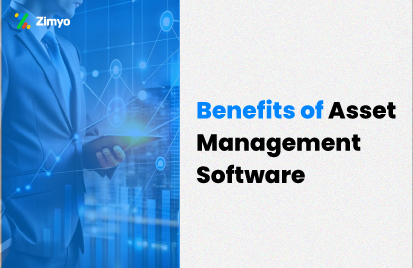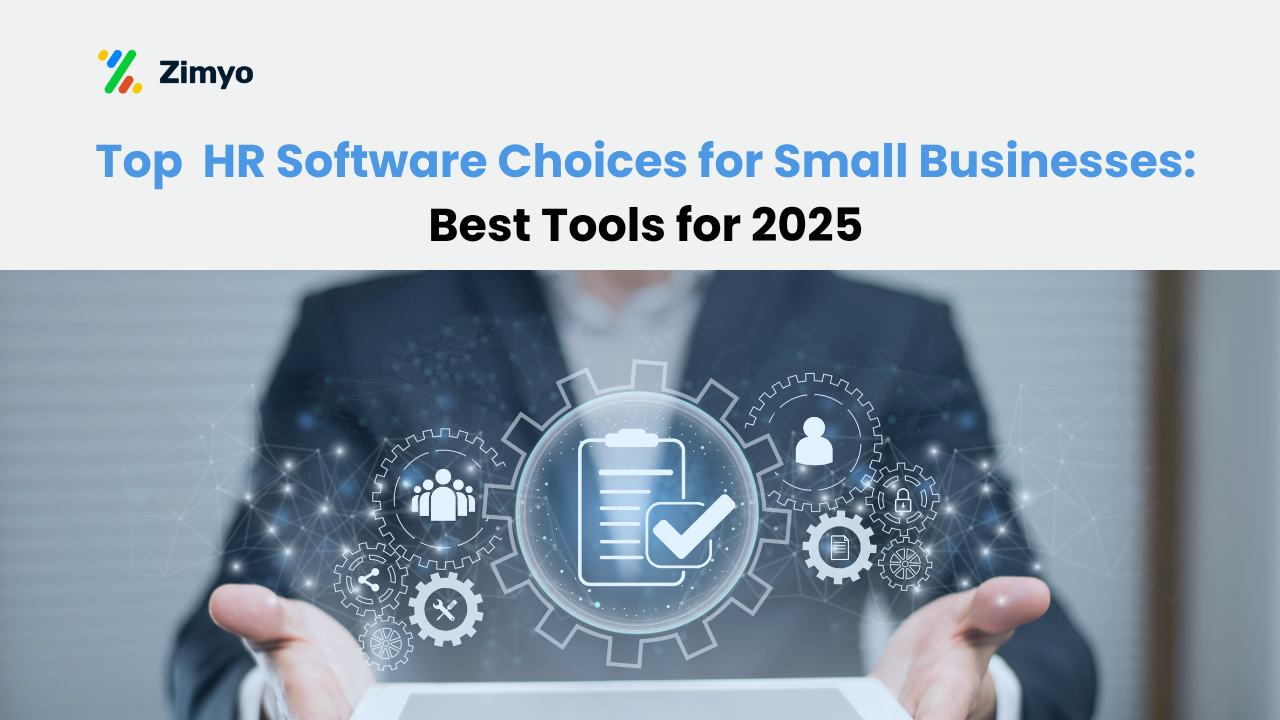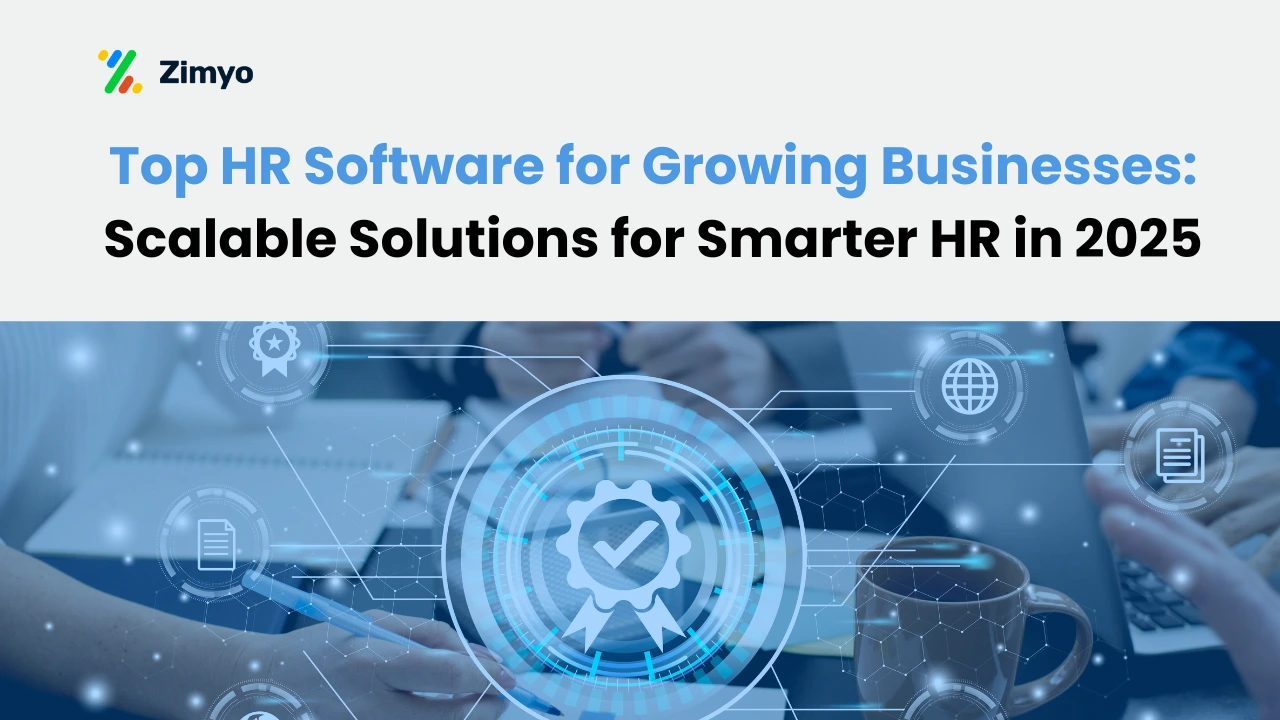Working hours in Singapore are governed by a well-structured framework that balances productivity and employee welfare. This guide dives into every regulation and best practice you need in 2025, to help employers and HR professionals understand these rules for legal compliance, staff satisfaction, and avoiding penalties.

Legal Working-Hours Limits
The Employment Act of Singapore stipulates clearly the working hours in Singapore of the individuals to ensure equity and eliminating the burn-out effect.
- Six days working: The law allows employees to work a maximum of 8 hours every working day and 44 hours per week. In addition, retail, operations, and hospitality industries follow this, as their schedules are more conventional.
- Five-day workweek: In a situation where an employee is working five days, he/she can only work for 9 hours per day without exceeding the limit of 44 hours a week. Including offices and professional services commonly use this format.
- Shift work averaging: In those industries where employees work long shifts (such as healthcare), employers can provide 12-hour days, provided the average over 23 consecutive weeks stays at no more than 44 hours/week.
- Daily maximum: No employee works more than 12 hours a day unless the MOM (Ministry of Manpower) officially exempts them. Adding to this, boundaries allows a person to work and still have personal time.
- Flexibility at two-week intervals: You can set up rosters that give at most 48 hours in any one week, so long as total hours stay under 88 across two weeks. Moreover, this setup helps manage heavy workloads while complying with working hours in Singapore.
Overtime Rules & Compensation
The overtime amount in Singapore includes anything that goes beyond the working hours in Singapore that employees agree to with the employer or as determined by Singapore law. Therefore, employers must document this properly to prevent misunderstandings.
- Overtime work rate: Employers have to observe 1.5 times hourly basic pay per additional hour worked. This protects the rights of employees and prevents underpayment.
- Monthly overtime cap: Workers cannot work overtime of more than 72 hours a month, unless they get MOM (Ministry of Manpower) approval. Any employer who surpasses this without permission faces penalties.
- Punctual compensations: Employers should pay overtime wages to employees within 14 days of the salary period. This ensures transparent and timely compensation.
- Employers must document overtime, approvals, and pay as required by law. Also this supports audits and protects both parties.
Breaks, Meal Periods & Rest Days
Proper rest allows for better performance. Secondly, the law in Singapore ensures that employees have sufficient rest to keep them healthy and productive.
- Break after 6 hours: In case a person works more than 6 hours consecutively, he/she should have the break. This eliminates fatigue and makes the mind sharp.
- Right to take meal breaks: On the completion of 8 hours, an employee has right to take a minimum of 45 minutes for meals.
- Rest day entitlement: All workers can take one rest day (24 hours) a week. The employers must inform the employees about their rest day.
- Alternate shift rest: Shift workers have a choice of choosing up to 30 consecutive hours of rest which corresponds to night shifts or applying rotating rosters.
- Working on Sundays: Employees cannot be forced to work on Sundays unless he/she volunteers under which; some monetary addition or separate day off is given.
Public Holidays
All employees receive 11 paid holidays per year. Thus, the law safeguards this right, and no one can reduce or remove it.
- Payment of work: If a worker works during a public holiday, the employer must provide the employee with an additional day’s payment or give a paid day off later. The same rule applies to part-time and full-time employees.
- Provision on overtime: Employers must treat any overtime on a public holiday as overtime and pay it at overtime rates. They should add this amount on top of the normal overtime.
- Substitutions: If the employer and employee agree to change the public holidays, they must put the change in written form. Thus, this agreement ensures that work hours remain equitable in Singapore.
Leave Entitlements
Singapore law provides various categories of leave to allow people to rest, remain healthy, and spend time with family.
- Annual leave: Whenever the employee has served a year, he/she will receive 7 days annual paid leave, but overtime; the days extends to 14 days. This gives motivation for long-term retention.
- Sick leave allowances: The workers get 14 days of non-hospitalization leave and 60 days of hospitalization leave annually. Additionally, they normally require a medical certificate.
- Childcare leave: Parents who have children under 7 years have upto 6 paid childcare leave days a year.
- Shared parental leave: Starting April 2025, working parents are able to share up to 4 weeks of paid parental leave. After that, they are able to divide the responsibilities of giving care.
- Leave planning tips: You can plan and record the leave in advance to prevent the shortage of staff, primarily around the busy season.
Read Our Blog on Sick Leaves – Singapore
Part-Time & Flexible Work
- Part-time employees work less than 35 hours per week and enjoy proportionate wages, days off, and rest days.
- Employers should give weight to official requests for flexible schedules such as staggered hours or working from home. All in all, this approach enables diversity and inclusion.
- Everyone should negotiate Compressed schedules, hybrid remote work, and flexi-hours clearly and put them in writing.
- HR must ensure that even flexi-workers do not exceed the maximum hours of work in Singapore. However, digital tools can use red flags to identify violations.
Workplace Fairness Act 2025
The new Workplace Fairness Act states that employers should treat all people equally regardless of their origin and personal condition.
- Period of act: The Act passed through parliament in January 2025. It will come into force in 2026-2027 step by step. Corporates need to start preparing.
- Prohibited characteristics: The Act prohibits discrimination based on age, gender, race, disability, pregnancy, mental health, taking care of relatives etc.
- Coverage criteria: The first organizations that the Act covers are 25 or more employees. Addition of other smaller firms will happen subsequently; this doesn’t include religious institutions.
- Grievance management: The employers should have access to fair methods through which an employee can complain about discrimination, and employers should also maintain confidentiality of reports.
- Criminal charges: Organizations which fail to comply with the Act leads to fines up to SGD 250,000 and lead to civil prosecution. Intense preparations at present contribute to the establishment of an equitable and robust work environment.
Safety, Health & Heat Protection
Furthermore, Singaporean law requires employers to safeguard the health of every employee, regardless of working hours or the type of work.
- Employers should recheck the risks of fatigue and safety matters before inviting staff to work longer shifts. This is particularly critical in the logistics industry, construction industry, and healthcare.
- Employers should ensure that employees who work outdoors and perform labor that requires physical activity have frequent water breaks and good access to shady rest zones at each hour to prevent heat exhaustion.
- Centralized first-aid plans, contact details during emergencies, and proper response plans allow for emergency readiness during long shifts. Adding to that, ensuring prioritisation of safety, boosts morale and makes everyone feel safe.
Regularly check the mental and physical health of staff. This can help prevent burnout and avoid legal violations through early interventions.
Workplace Culture & HR Best Practices
Singapore’s workplace culture values respect, balance, and performance. HR plays a key role in aligning cultural expectations with legal standards.
- Professional culture: Value being punctual, collaborative, working and efficiency.
- Avoid burnout: Share the workloads and promote taking leave and short intervals during long working days. This is uplifting and increases output.
- Clear communication: Hours, overtime pay, rules on leave, and grievance should be clear and in writing. Transparency results in confidence.
- Train managers: Train the leaders on the law, equity, and inclusion. Respectful legal conditions depend upon trained managers.
- HR tech: Such tools as Zimyo track time, mark overtime periods, take a log of breaks, and assist in the auditions. Also, automation gurantees working hours in Singapore.
HR Compliance Checklist
Use this actionable list to stay compliant and fair:
- Review contracts – Clearly state working hours, breaks, OT rates, and leave.
- Digitize attendance – Automate time-tracking to log hours and rest.
- Manager training – Hold sessions on working hours, discrimination, and leave rights.
- Policy rollout – Update grievance and flexi-work policies in writing.
- Monthly audits – Check logs for OT, missed breaks, or rule violations.
- Prepare Fairness documents – Draft internal fairness policies and response templates.
- Run wellness checks – Conduct fatigue assessments in long shifts.
- Engage employees – Use surveys to assess satisfaction with working hours in Singapore and work–life balance.
Conclusion
Moreover, Singapore regulates working hours in ways that can make your company trustworthy, better performing, and safe against legal issues. New legislation, including the Workplace Fairness Act, is on its way. Consequently, implementing them early will ensure that employees and regulators see that your company is caring, understanding, and fair. Also each hour counts 24/7—be it a contract, be it a daily culture. Managing working hours, overtime, and leaves need not be a chore.
Therefore, you can use Zimyo Time & Attendance Software to easily monitor the working hours in Singapore, automate calculations of payrolls, maintain the changing laws in working practice, and direct your HR team with up-to-date data while reducing errors using a single secured platform.
FAQ's (Frequently Asked Questions)
Depending upon the work schedule, the employees may work up to 8-9 hours a day and a maximum of 44 working hours per week. Any additional time is deemed overtime.
Overtime should be subjected to 1.5 times the basic rate per hour. It is applicable when an employee works more clock hours than the working hours provided in the employment contract or in the Singapore law.
One full day of rest (24 hours) has to be given to every employee every week. The employers should award them additional compensation or another day off if they work on that rest day.
There are 11 paid holidays that employees have a right to annually. Should they be called on duty on a public holiday, they have to be paid an extra day supplemental to one day off together with overtime when it is a requirement.
According to the Singapore Law, employees have the right to make formal requests for flexible work arrangements which can be staggered work or working from home. Employees are expected to take such requests seriously and employers should make some note of their decisions.





